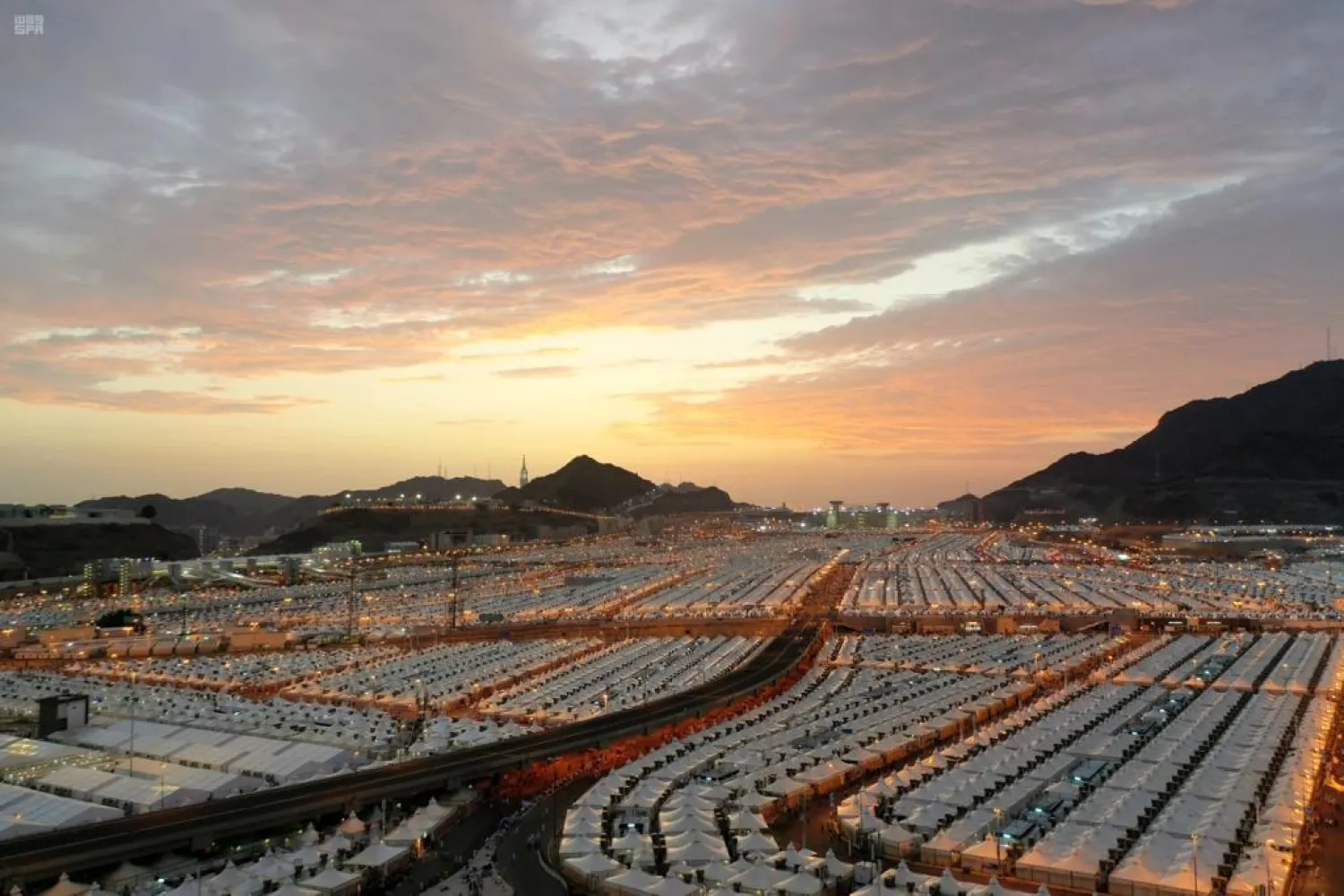The Hajj pilgrims will begin on Wednesday their holy journey by heading to Mina.
All of the pilgrims, who will perform this year’s Hajj, have already arrived at the holy city of Makkah. The final batch of pilgrims were Saudi military personnel and medical practitioners who have recovered from the novel coronavirus.
Security preparation are in place to protect the pilgrims, as are the precautions against the coronavirus.
Head of the Hajj security committee Khalid al-Harbi stressed that Saudi Arabia was fully prepared to organize the Hajj and that it has enough experience to confront any developments.
“It is not concerned about the weather, but the main danger that we are facing this year is the pandemic and how we can ensure the safety of the pilgrims as they perform their rituals smoothly,” he said.
Saudi Arabia is among the countries that are most experienced in managing and protecting large crowds, he went on to say. There will never be any larger gathering of people than in the Hajj.
He revealed that authorities have registered 14 violations of the regulations of the Hajj. They have since been fined.
This year’s Hajj will be held with very limited numbers due to the pandemic. It has been restricted to some 1,000 people, who are residents of Saudi Arabia, both citizens and foreigners. Pilgrims from some 160 nationalities will take part in the pilgrimage.
The pilgrims will head to Mina on Wednesday to mark the day of Tarwiyah. They will perform the noon, afternoon, sundown and night prayers at Mina, before heading to Arafat on Thursday. They will return to Mina on Friday and spend the night in Muzdalifah.
On the day of Arafat, one of the holiest of the year, the pilgrims will head to the Arafat plain where they spend the day in supplication and atonement for past sins. They will listen to the sermon at the al-Namrah mosque, perform the noon and afternoon prayers and remain there until sundown.
They will then head to Muzdalifah where they will spend the night.









